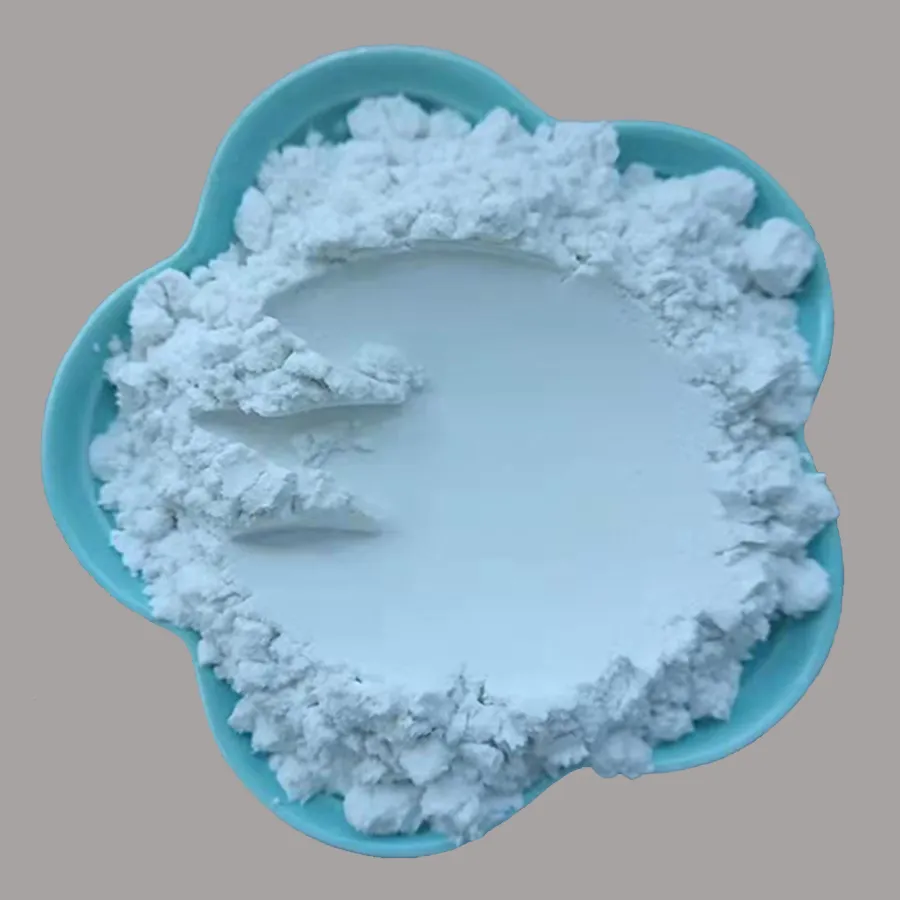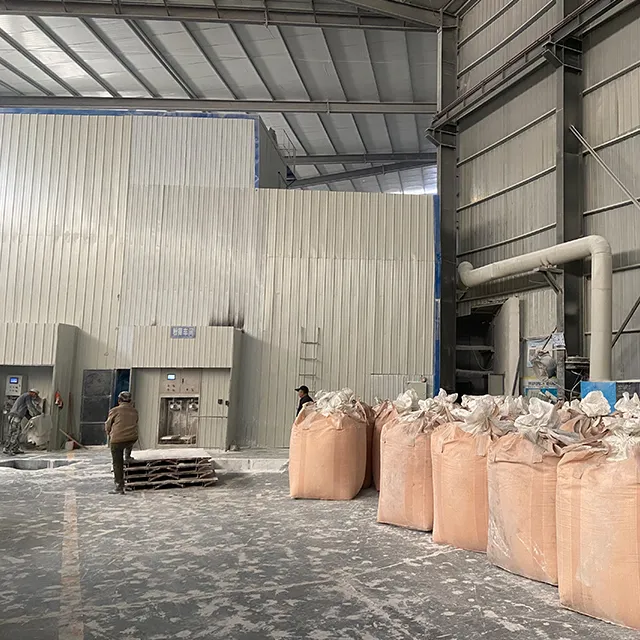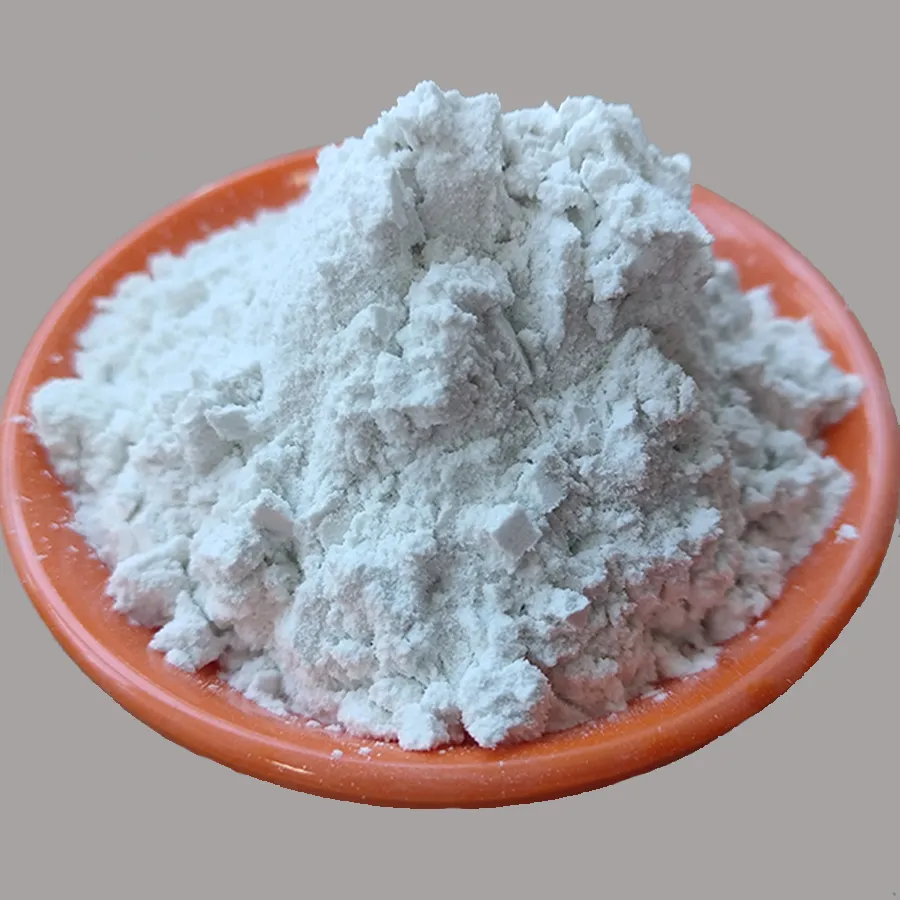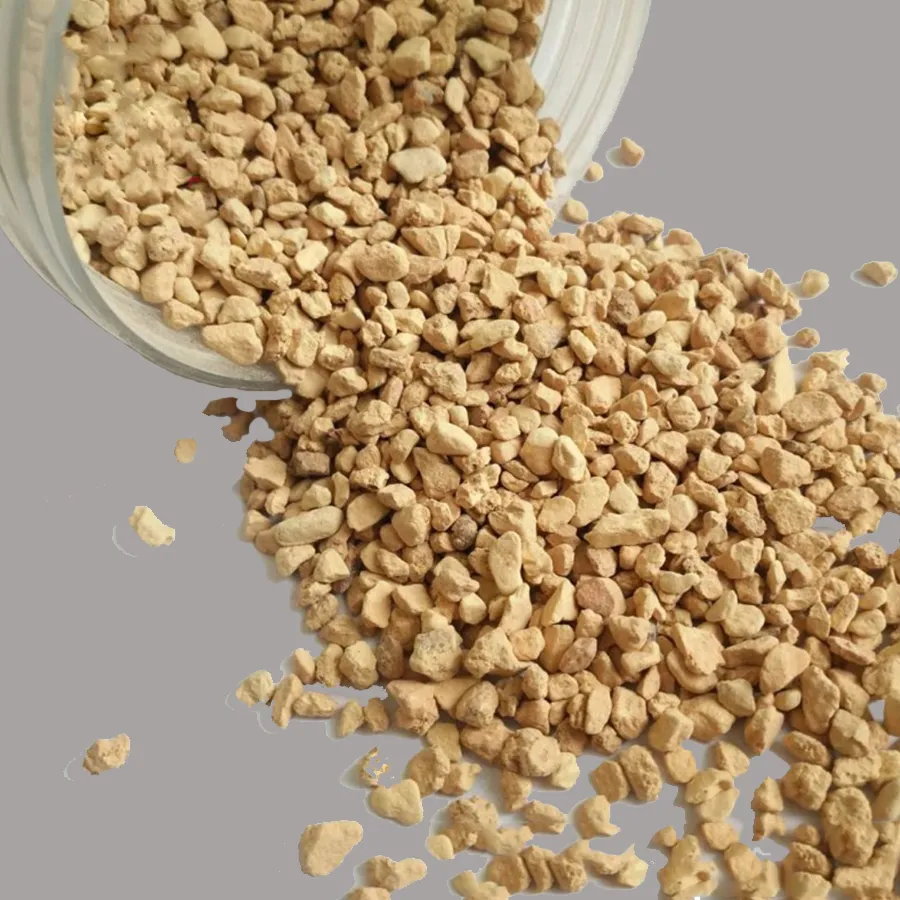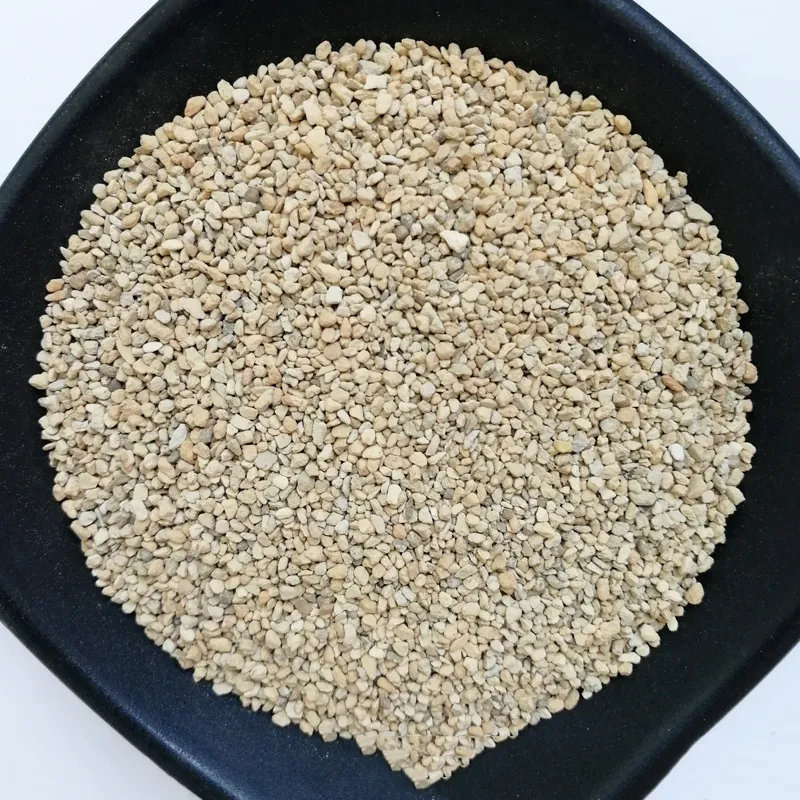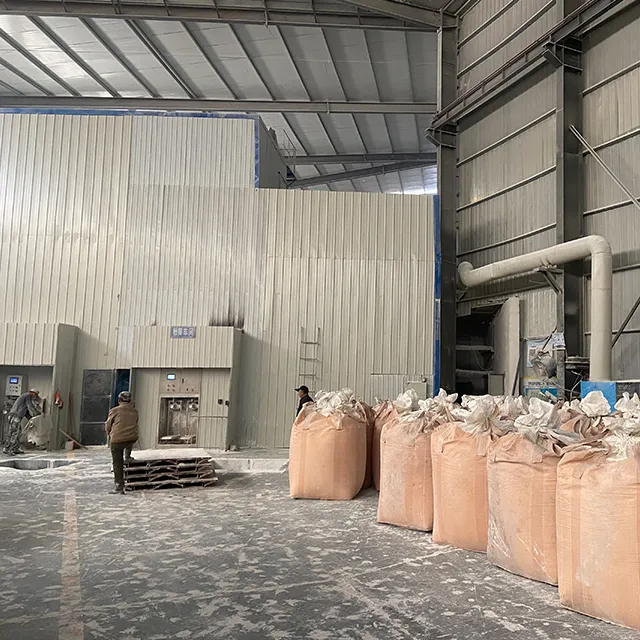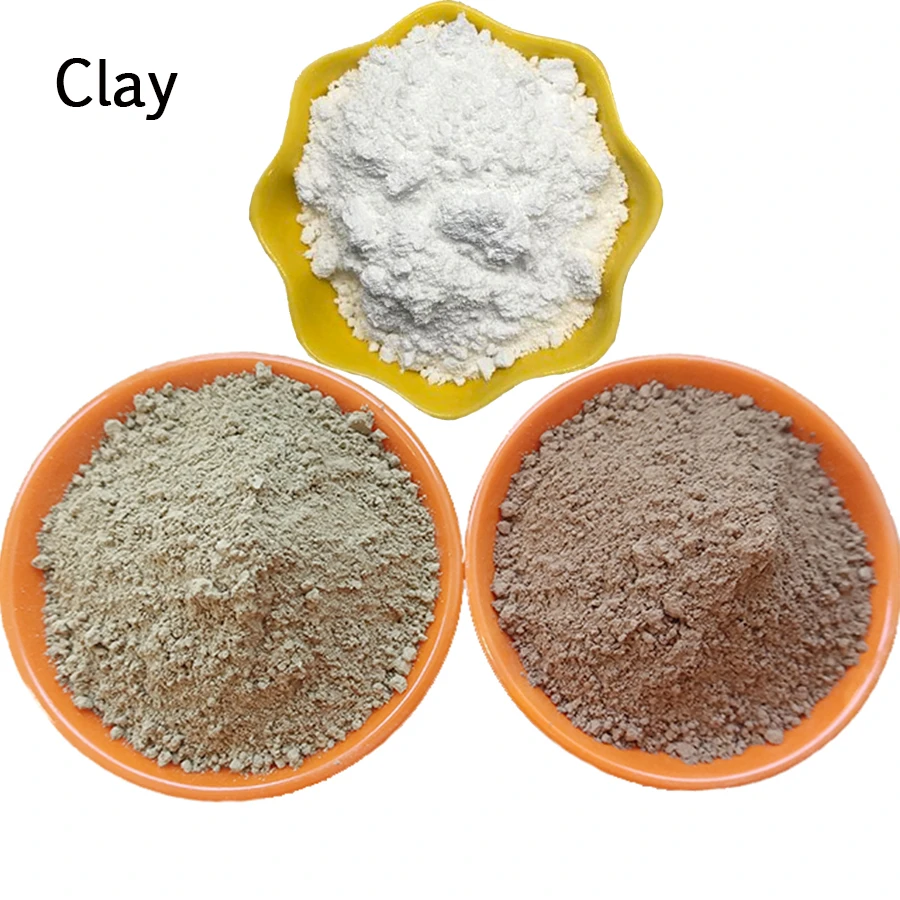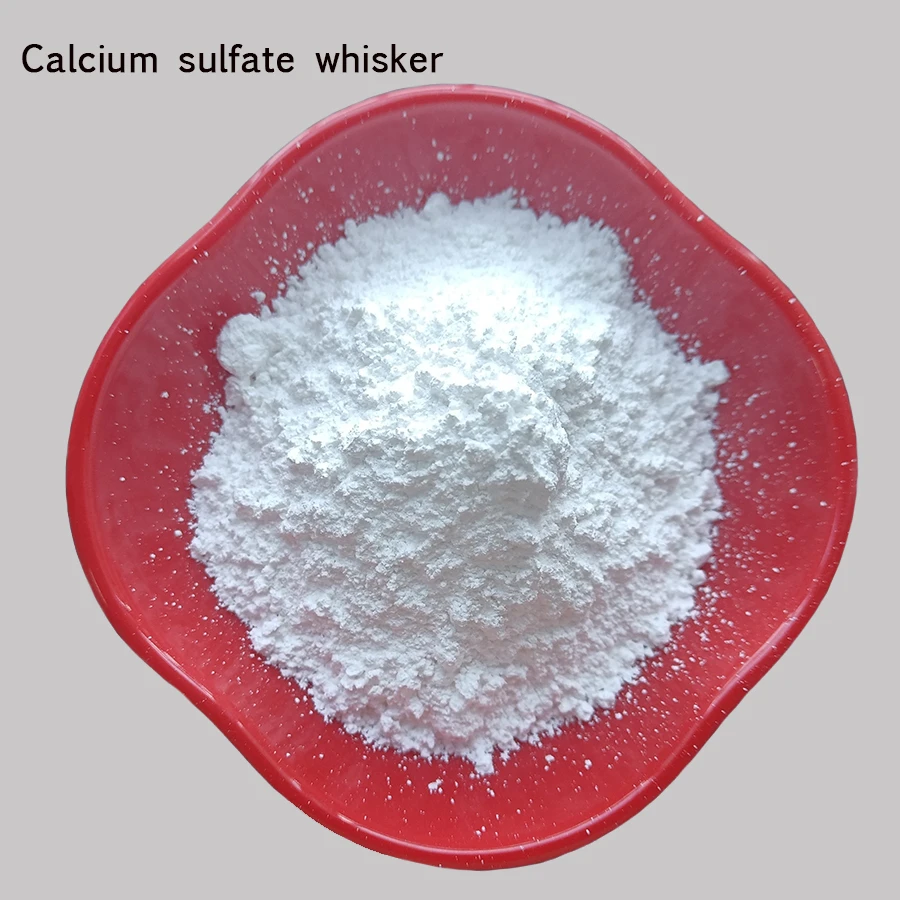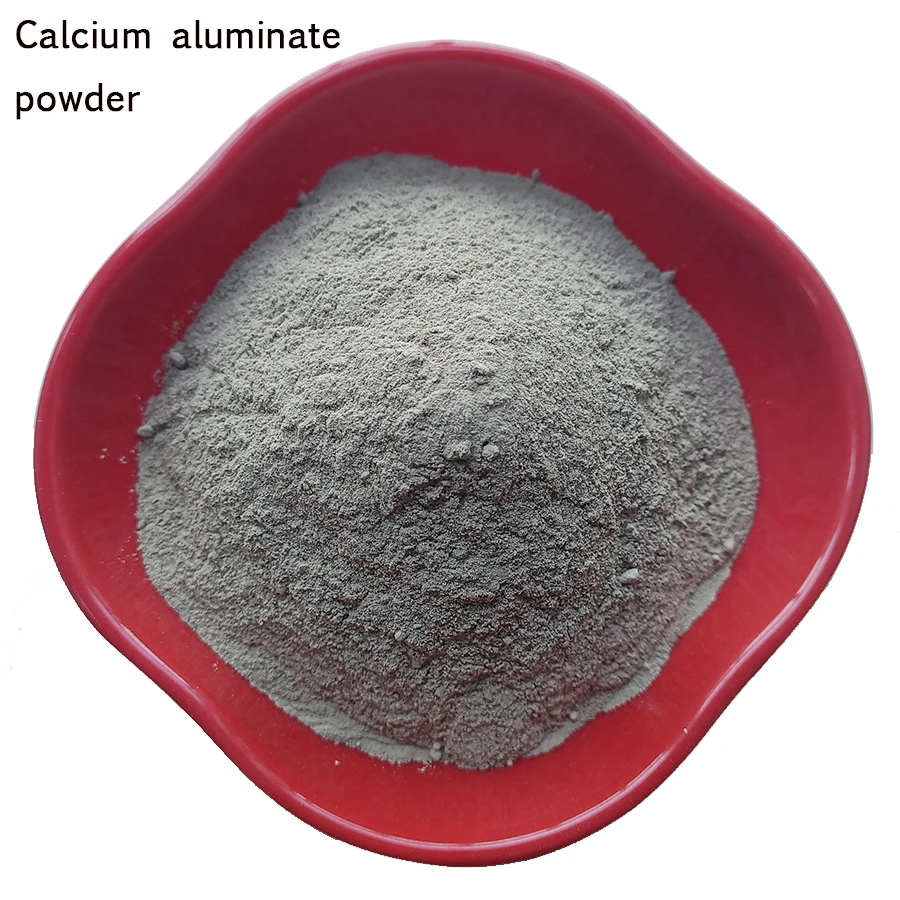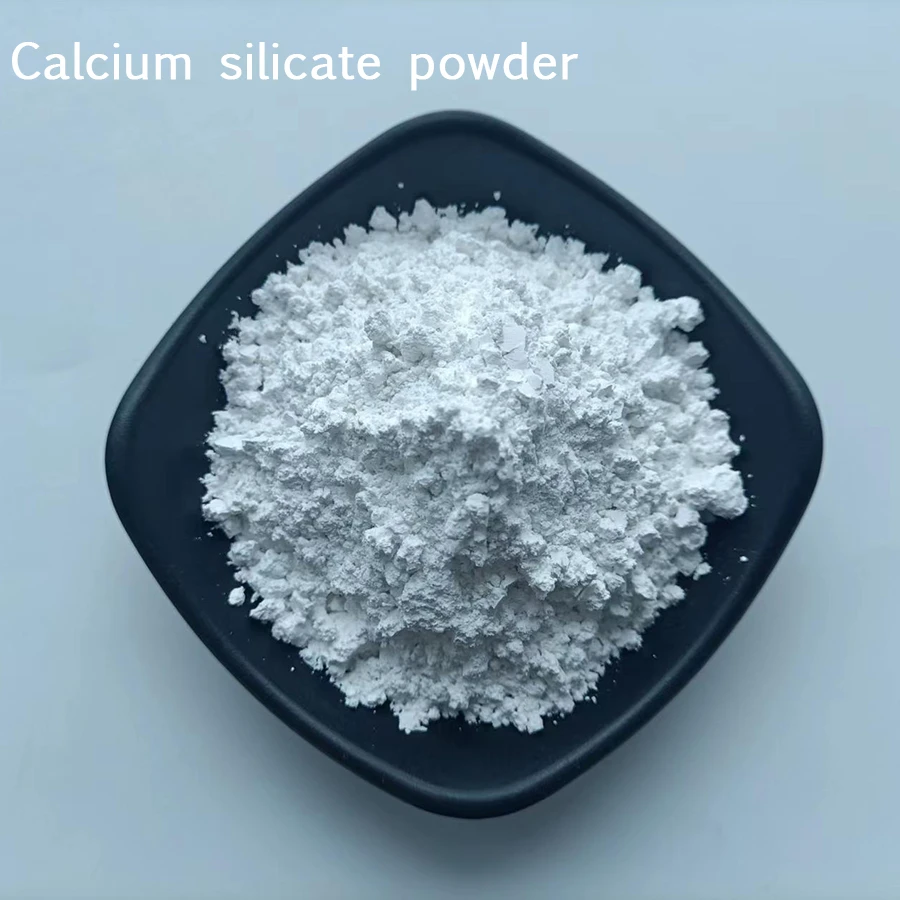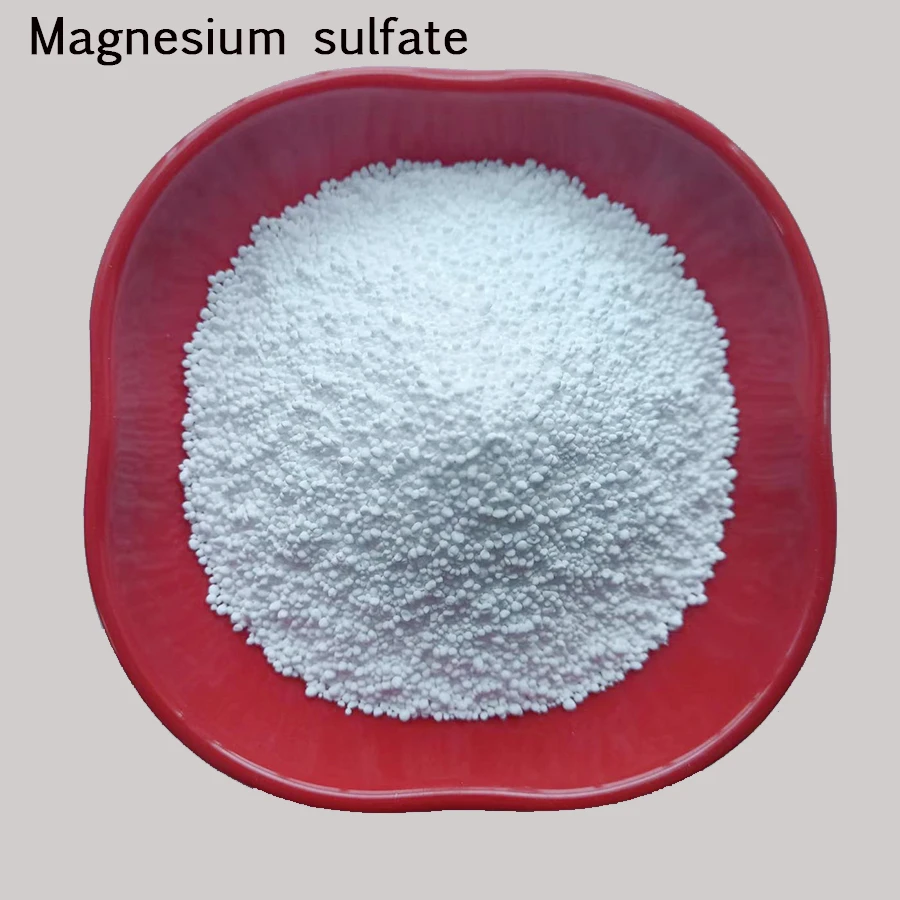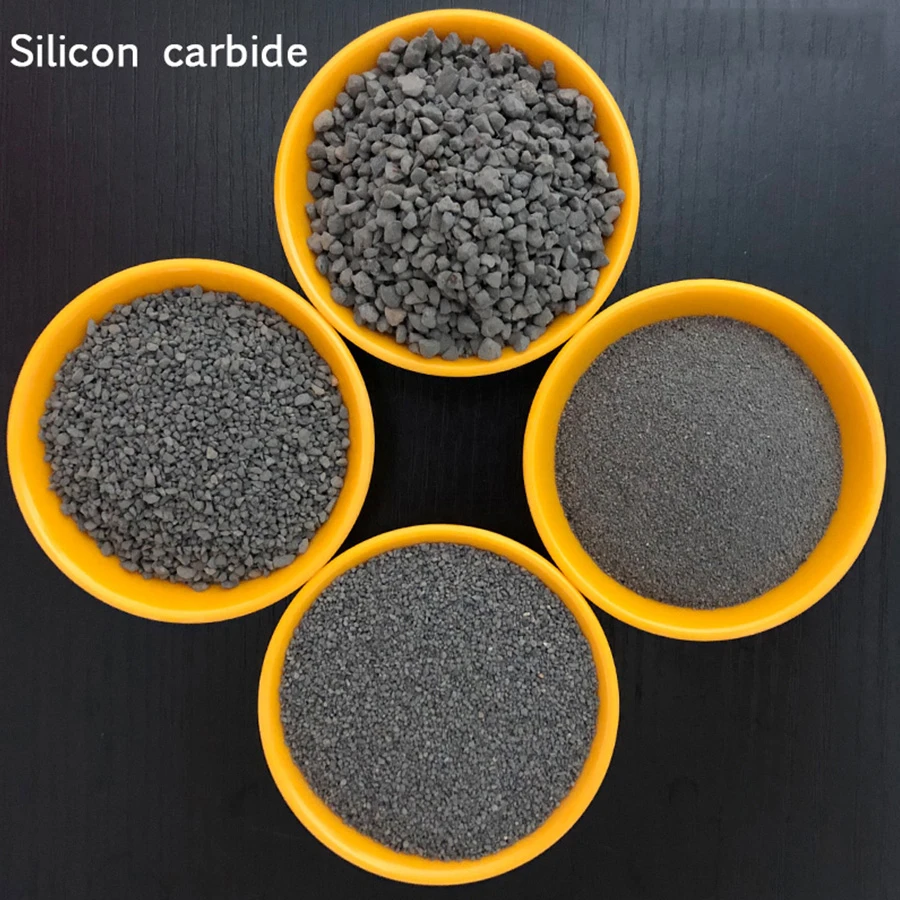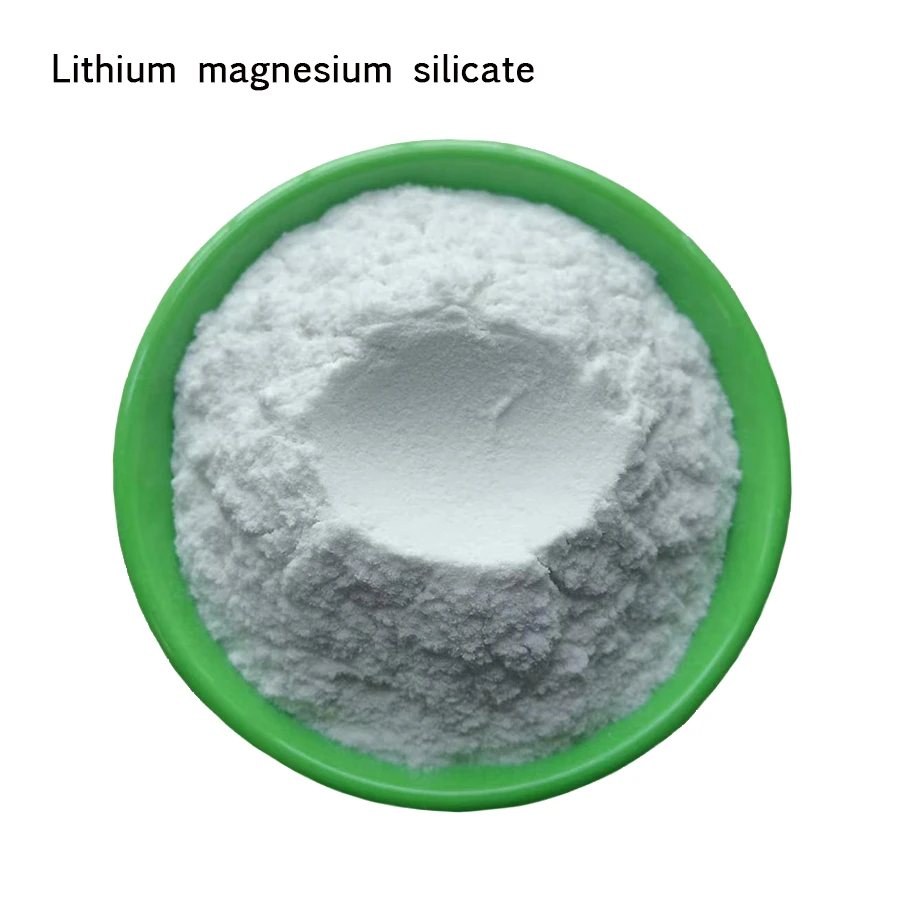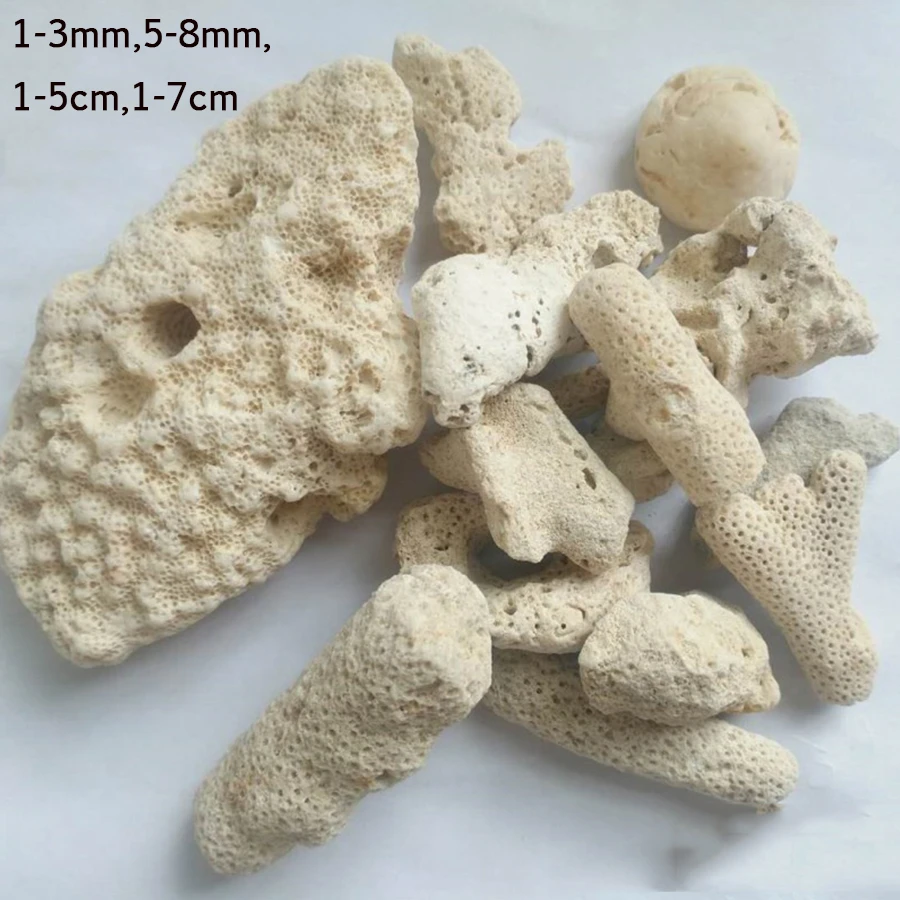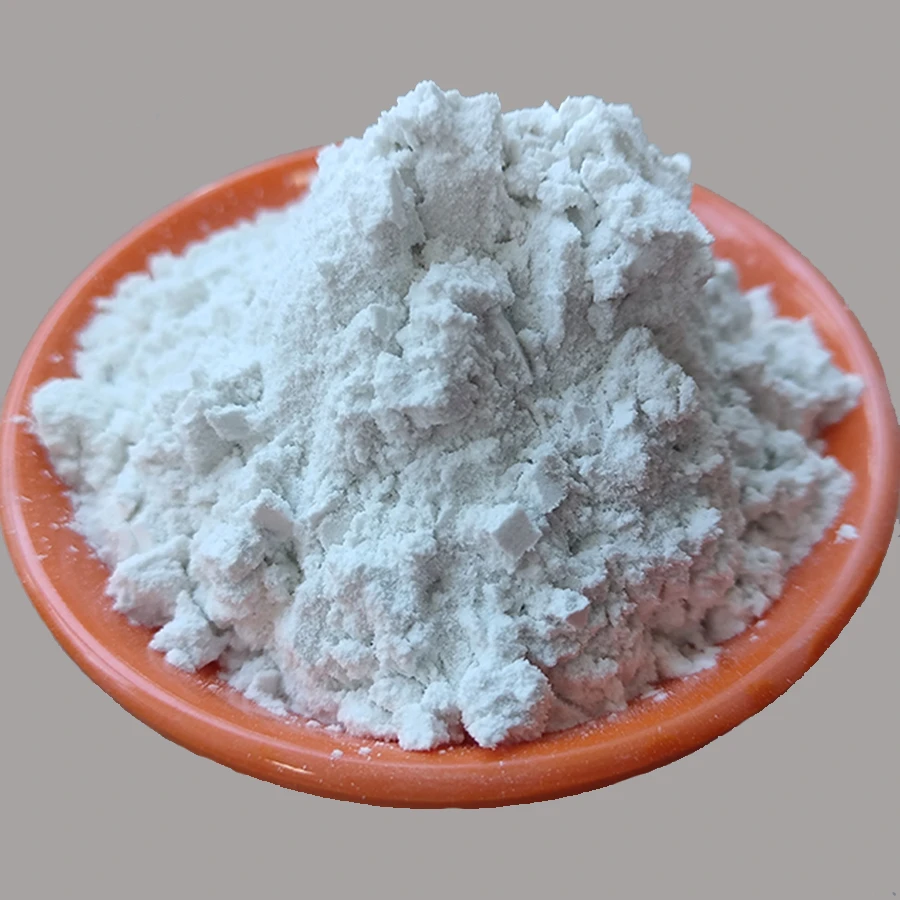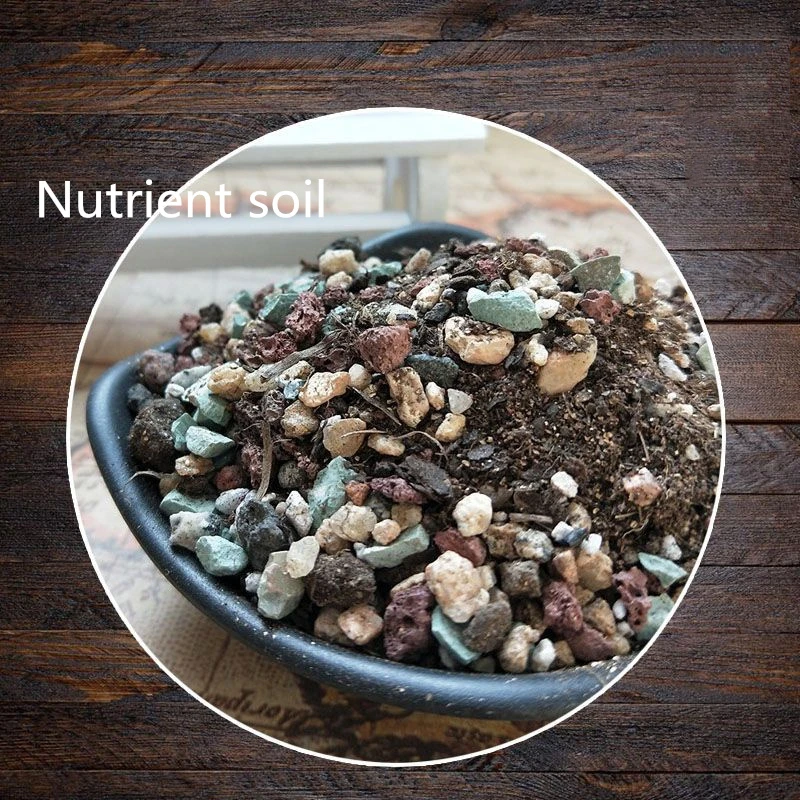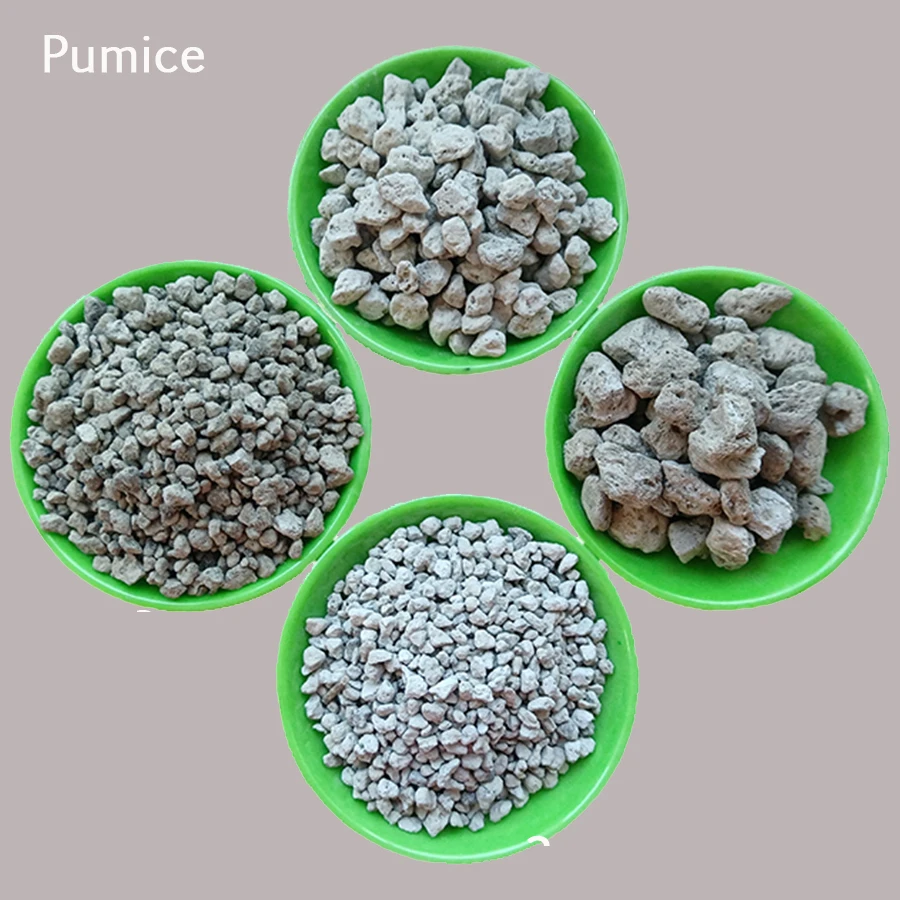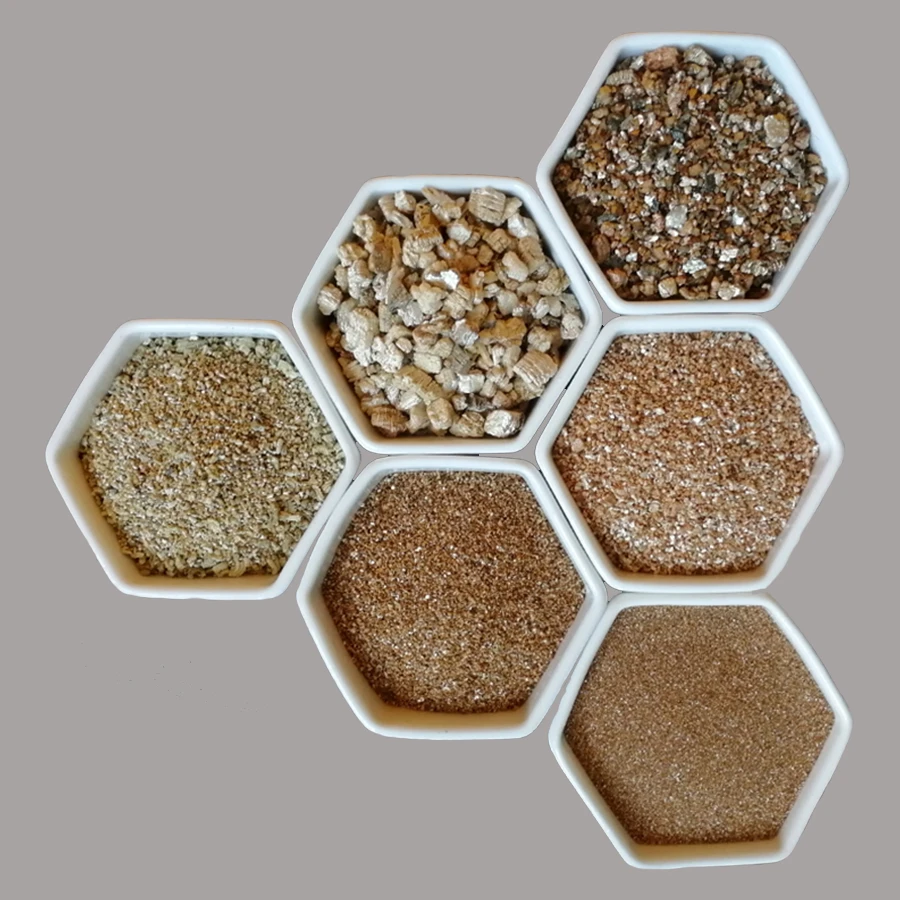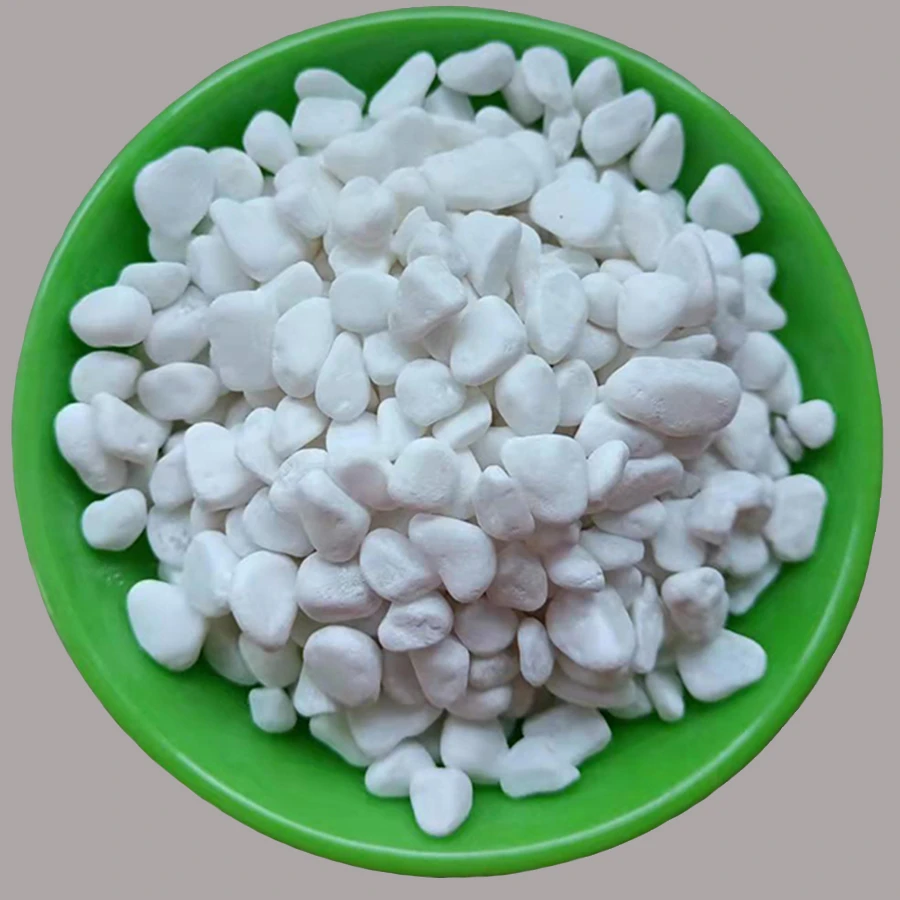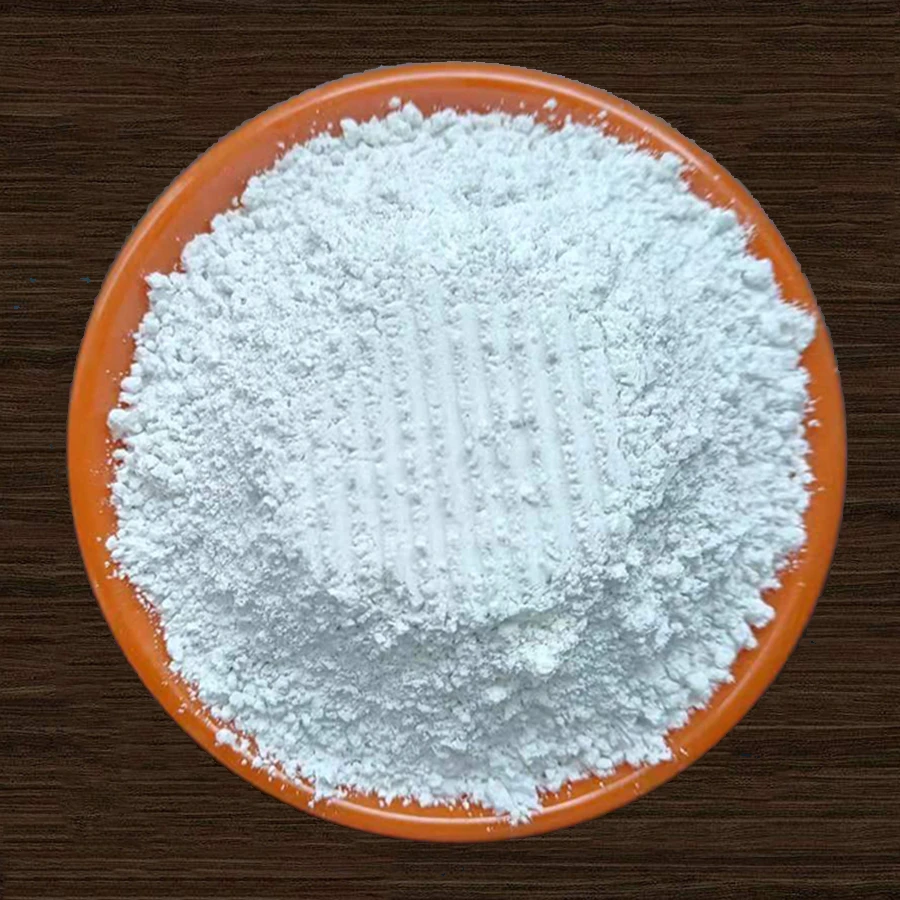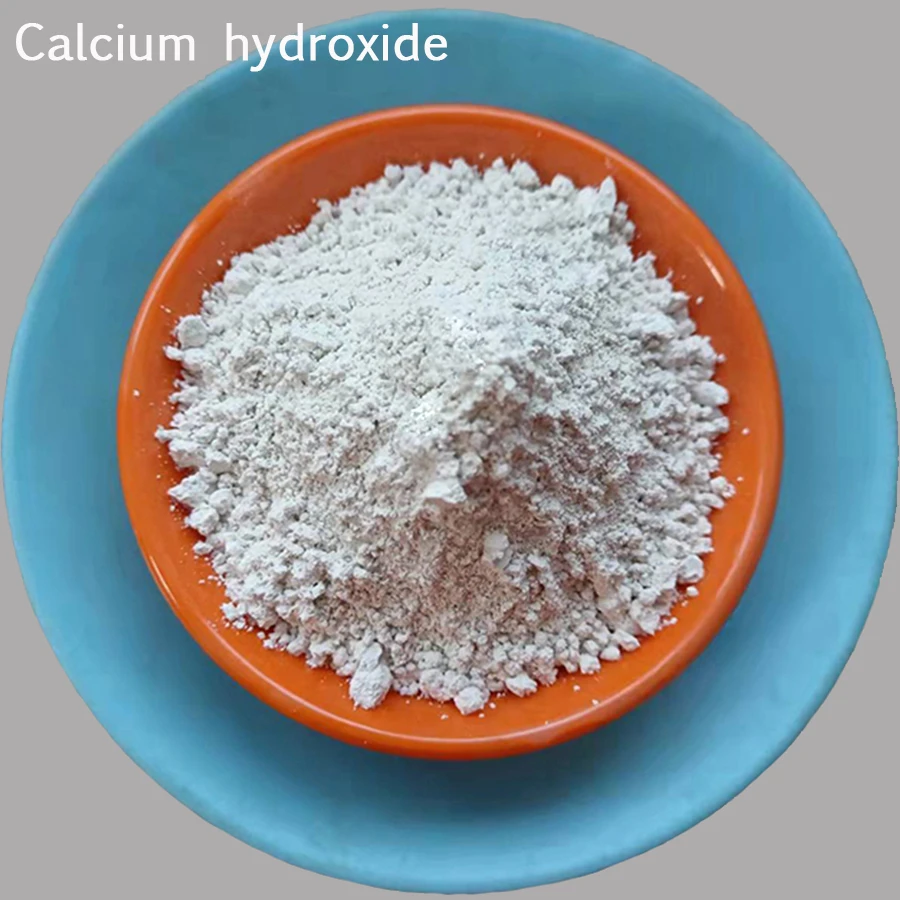
- Afrikaans
- Albanian
- Arabic
- Belarusian
- Bengali
- Czech
- Danish
- Dutch
- English
- Finnish
- French
- Galician
- German
- Greek
- Hebrew
- Hungarian
- Indonesian
- irish
- Italian
- Japanese
- Javanese
- kazakh
- Khmer
- Rwandese
- Korean
- Kyrgyz
- Lao
- Latin
- Latvian
- Lithuanian
- Malay
- Maltese
- Mongolian
- Myanmar
- Norwegian
- Persian
- Polish
- Portuguese
- Romanian
- Russian
- Serbian
- Slovak
- Spanish
- Swedish
- Tagalog
- Thai
- Turkish
- Ukrainian
- Vietnamese
- Welsh
What Is Diatomite and Why Is It Ideal for Filtration?
Diatomite, also known as diatomaceous earth, is a natural, porous mineral widely recognized for its superior filtration abilities. The unique structure of diatomite, with its micro-sized pores, enables it to trap even the smallest impurities like dust, algae, and other particles, making it ideal for use in filtration systems. This makes diatomite particularly effective in both industrial and residential filtration applications, including water treatment, air filtration, and, notably, swimming pool filtration.
The unique structure of diatomite rock, composed of countless tiny, porous silica shells, gives it an enormous surface area. This natural porosity makes it a perfect filter aid for liquids, removing even the finest particles without affecting taste, color, or purity.
Among different diatomite rock types, flux-calcined and natural diatomite are the most common. Natural diatomite is simply processed by drying and milling, while flux-calcined diatomite undergoes high-temperature treatment with fluxing agents like soda ash to enhance its filtration capabilities and mechanical strength.
Filtration diatomite is especially valued in industries such as food and beverage, pharmaceuticals, and chemical manufacturing. It effectively filters out suspended solids, bacteria, and other contaminants from liquids like beer, wine, syrup, and edible oils, without clogging quickly.
One of the key advantages of diatomite filtration is its ability to act as a precoat and body feed material. It supports deep-bed filtration, which traps impurities throughout the filter cake, extending filter life and improving operational efficiency.
Flux calcined diatomite offers higher permeability and thermal stability compared to natural grades, making it ideal for pressure and high-temperature filtration processes, such as in the petrochemical or metallurgy industries.
For recreational use, diatomite for swimming pools is commonly used in pool filter systems. It helps trap dirt, oils, and microbes more efficiently than traditional sand, keeping water crystal clear while minimizing chemical usage.
Diatomaceous earth, diatomite, a term often used interchangeably, emphasizes its fossil origin and fine, powdery form. It’s also used in soil amendments, pest control, and absorbent applications.
Despite its many benefits, diatomite price can vary depending on purity, particle size, and treatment method. Baifeng offers both natural and flux-calcined diatomite at competitive prices, with consistent quality and global supply capabilities.

Diatomite for Swimming Pools: How to Use It Effectively?
When considering diatomite for swimming pools, it's essential to understand how its filtration properties can elevate the performance of your pool system. Diatomite is typically used in Diatomaceous Earth (DE) filters, where its high surface area and microporous structure help to provide unparalleled filtration. It offers exceptional water clarity, surpassing the performance of traditional sand or cartridge filters. Whether you’re managing a commercial swimming pool or maintaining a home pool, using diatomite helps you achieve cleaner and clearer water.
When sourcing diatomite for swimming pools, it’s important to choose the right grade. High-quality diatomite has a consistent particle size and high porosity, ensuring it traps even the smallest impurities like algae, oil, and organic matter. It’s most commonly used in Diatomaceous Earth (DE) filters, which are designed to coat filter grids with diatomite powder.
The filtration diatomite process begins by mixing the powder with water to form a slurry, which is then poured into the skimmer while the filter pump is running. This allows the diatomite to coat the filter elements and form a porous layer, trapping debris as water passes through.
There are two main types of diatomite rock used in pool filtration: natural and flux-calcined. Natural diatomite is lighter and more environmentally friendly, while flux-calcined diatomite, treated at high temperatures, offers greater strength and durability for high-pressure systems.
Calcined diatomite is often preferred for commercial pool systems due to its increased filtration speed and structural integrity. It can withstand repeated backwashing and longer filter cycles, which reduces maintenance downtime.
Baifeng also supplies diatomaceous earth diatomite in powder form that is easy to handle and store. This product is free of contaminants and is processed to meet the high standards of water treatment applications, including public swimming pools, spas, and aquariums.
While diatomite is a natural product, knowing the diatomite price helps plan bulk purchases. Baifeng offers competitive pricing and global delivery, ensuring stable supply and reliable quality for both small and large pool maintenance companies.
Whether maintaining a home pool or managing a commercial facility, using high-quality natural diatomite ensures clearer, safer, and more hygienic water with every cycle.
FAQs about Diatomite
Q1: Can Diatomite be used for applications other than filtration?
A1: Yes, diatomite has a wide range of applications beyond filtration. It is also used in industries such as agriculture as a natural pesticide, in construction for insulation, and even in food processing as a food additive. Its natural diatomite properties make it versatile across various sectors, ensuring clean, safe, and efficient results.
Q2: Is Diatomite environmentally friendly?
A2: Absolutely. Diatomite, or diatomaceous earth, is a natural, sustainable mineral. It is non-toxic, non-reactive, and highly effective without the need for harsh chemicals. This makes it an eco-friendly option for filtration and other industrial applications, contributing to a cleaner environment.
Q3: What is the difference between calcined diatomite and uncalcined diatomite?
A3: The main difference between calcined diatomite and uncalcined diatomite lies in the heating process. Calcined diatomite is heated at high temperatures, making it more porous and effective in high-precision filtration, while uncalcined diatomite retains its natural structure. Depending on your needs, calcined diatomite may offer enhanced performance for industrial or fine filtration tasks.
Q4: What is the cost of Diatomite, and how do I get the best price?
A4: The diatomite price can vary depending on factors such as grade, quantity, and packaging. For bulk orders, we offer competitive pricing. If you're looking to get the best value, we recommend contacting us directly for a quote based on your specific requirements, including diatomite filtration needs. We also offer attractive pricing for large, regular orders.
Related Products
The main products include mica,vermiculite,volcanic and stone products.


Related News




